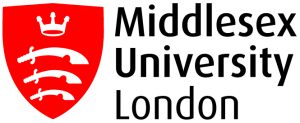Middlesex Law Society Continuing Competence program
Audit Compliance Ltd have in association with Middlesex Law Society launched the Continuing Competence programme which starts at Middlesex University Hebron Campus on Thursday 20th and Tuesday 25th October and at the University of West London on Thursday 27th October
Booking Form and details of Compliance Workshops
at the Middlesex University Hendon Campus 20 & 25th Evenings and University of West London Ealing Daytime 27th October 2016
Click to download
Continuing Competence Program continuing-competence-mls-letter-290916
Booking Form continuing-competence-booking-form-220916-final
Middlesex University, Hendon Campus 20th and 25th October 2016 mls-compliance-workshop-20th-and-25th-october-2016-final
University of West London, St Mary’s Road, Ealing Law School 27th October 2016 mls-compliance-workshop-27th-october-2016-final
To become a member of Middlesex Law Society mlsmembershipform01102016


